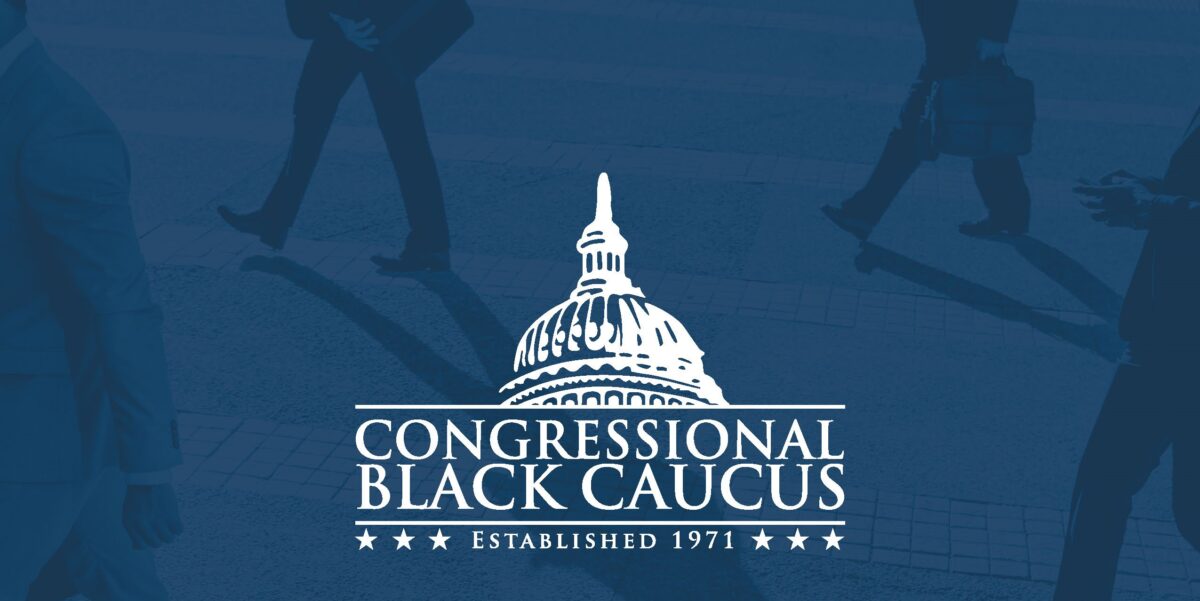Staff Reporter
The Cleveland Observer
Congressional Black Caucus (CBC) released its new corporate accountability report
In June 2023, the U.S. Supreme Court’s conservative supermajority issued a landmark decision in Students for Fair Admissions v. Harvard College striking down race-conscious admissions programs as a violation of the 14th Amendment’s equal protection clause. This ruling has ignited a significant backlash against diversity, equity and inclusion (DEI) initiatives, particularly affecting small Black and minority-owned businesses.
Following the ruling, former President Donald Trump and his MAGA Republican allies have intensified their campaign against DEI efforts. Edward Blum, the architect behind the Students for Fair Admissions (SFFA) case and organizations such as America First Legal, led by Trump advisor Stephen Miller, have launched a controversial legal campaign that will dismantle diversity programs across corporate America, educational institutions and federal agencies.
As a result of this pushback, more than a dozen conservative attorney generals have threatened legal action against Fortune 500 companies over their DEI practices. Additionally, anti-DEI legislation targeting college admissions has been introduced in over 30 states, and in federal programs like the Small
Business Administration’s 8(a) Business Development program are under scrutiny. These actions put billions of dollars in federal contracts at risk for Black and minority-owned businesses.
In response to these challenges, the Congressional Black Caucus (CBC) has developed a comprehensive strategy to protect and promote DEI initiatives and expand access to government contracting for Black business owners. As part of this strategy, the CBC issued a corporate accountability letter in December 2023 urging Fortune 500 companies to uphold their DEI commitments made in the wake of George Floyd’s murder.
The CBC has since received a significant response from corporate America. The organization has addressed hundreds of emails from companies, conducted over 50 meetings with corporate leaders and organized a briefing with more than 330 representatives from Fortune 500 companies to discuss advancing racial and economic equity.
Key Findings:
Sectoral Representation: Of the 189 organizations that provided documentation, the majority were from the manufacturing (31%), finance and insurance (25%), and information (16%) sectors.
Response Types: Responses were submitted in various formats: disaggregated question-by-question (36.5%), aggregated responses in letter format (73%), and references to existing corporate DEI reports (63.5%).
Best Practices: The report identifies best practices across 12 key areas, including leadership accountability, data disaggregation, culture and engagement, and progress on DEI commitments.
Cross-Industry Learning: The analysis shows diverse engagement patterns and documentation preferences, suggesting opportunities for cross-sector learning and sharing of best practices.
Progress and Opportunities: While many organizations have made notable strides in their DEI efforts since 2020, there are still opportunities to convert DEI aspirations into actionable outcomes. The CBC remains committed to supporting companies in these endeavors.
As the debate over DEI continues, the CBC’s proactive measures underscore the ongoing struggle for racial and economic equity in the face of mounting opposition.




